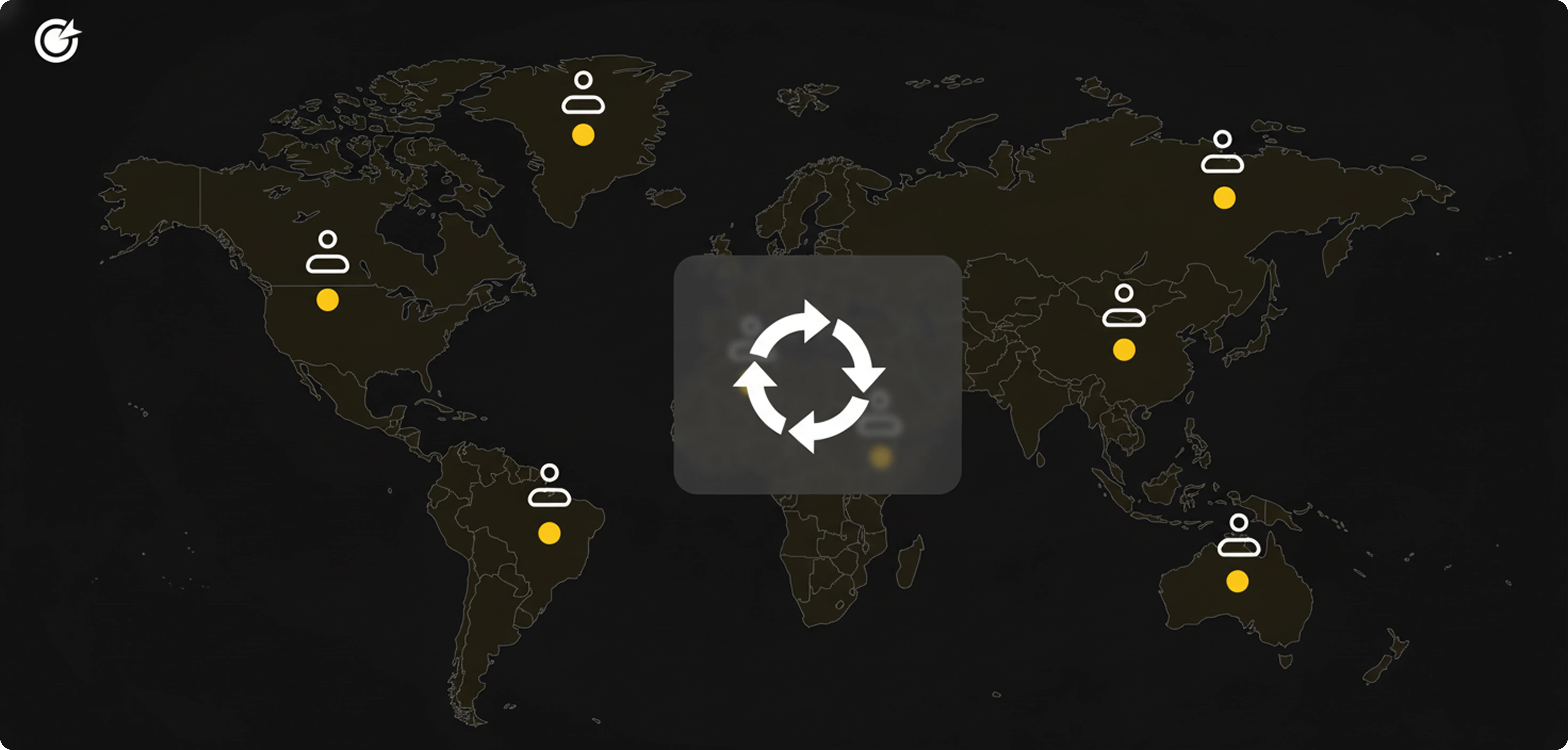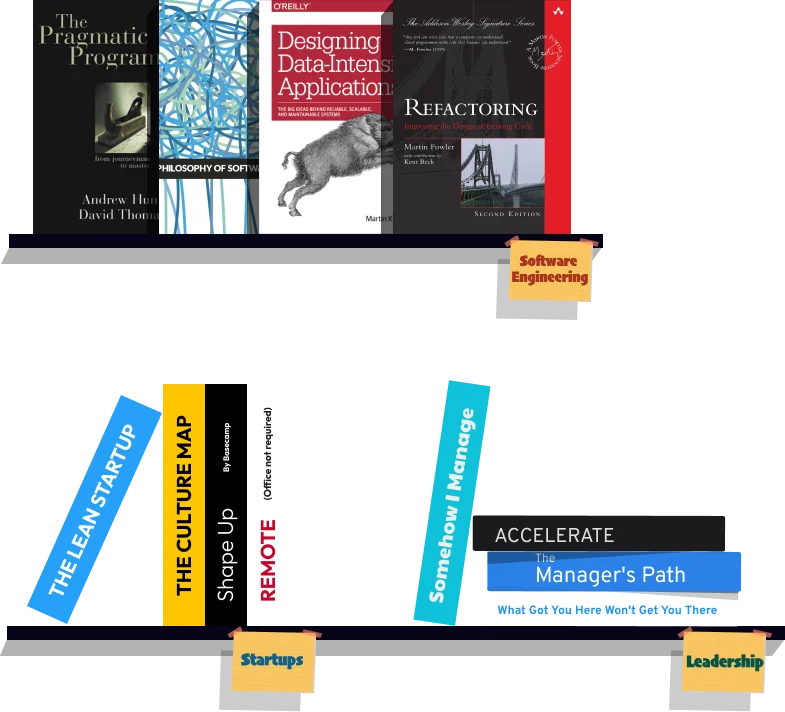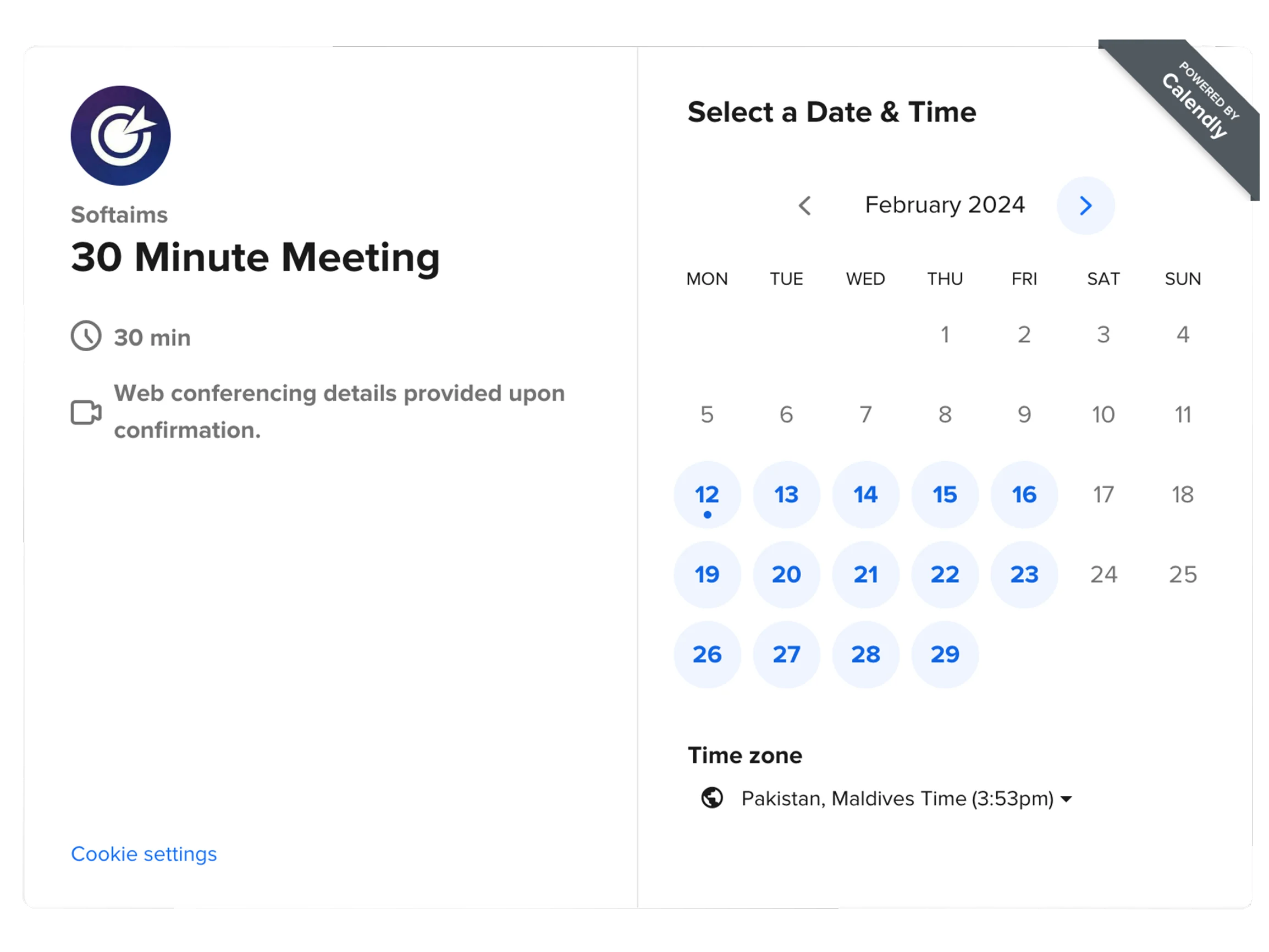The Engine of Modern Software Delivery CI CD Engineers
A CI/CD (Continuous Integration/Continuous Deployment) Engineer is a specialized DevOps professional who architects and manages the automated pipelines that build, test, and deploy software. They are the masters of the software delivery lifecycle, focused on creating a fast, reliable, and frictionless path from a developer's code commit to a live production environment.

Hiring a CI/CD engineer is a direct investment in your organization's agility and quality. By automating every step of the release process, they enable development teams to ship new features with incredible speed and confidence, transforming software delivery from a slow, risky event into a routine, everyday activity.
Expertise in a Major CI CD Platform
The core of a CI/CD engineer's skill set is deep, hands-on expertise with one or more major CI/CD platforms. A proficient candidate must be able to design, build, and maintain complex pipelines using a tool like Jenkins for its power and flexibility, GitLab CI for its tight integration with the source code repository, or GitHub Actions for its modern, code-centric approach.
This expertise goes beyond just running jobs; it includes the ability to write pipeline-as-code (e.g., a Jenkinsfile or .github/workflows/main.yml), manage pipeline secrets securely, and optimize the pipeline for speed and efficiency. They should be able to create a robust, multi-stage pipeline from scratch.
Strong Scripting and Automation Skills
Automation is the essence of CI/CD, and an engineer must be a skilled scripter to glue together the various tools and processes in the pipeline. They must have strong proficiency in a scripting language, with Bash being essential for interacting with the Linux command line and Python being a popular choice for more complex automation tasks.
Whether it's writing a script to automate the setup of a test environment, tag a release, or send a notification to a Slack channel, this ability to write clean, reliable automation code is what allows them to build a fully customized and powerful delivery pipeline that meets the specific needs of the team.
Containerization and Artifact Management
Modern CI/CD pipelines almost always produce a container image as their final build artifact. A CI/CD engineer must therefore have deep expertise in Docker. This includes the ability to write efficient, multi-stage Dockerfiles to create small and secure container images for an application.
They must also be an expert at managing these artifacts. This requires proficiency with an artifact repository, such as JFrog Artifactory, Sonatype Nexus, or a cloud-native solution like Amazon ECR or Google Artifact Registry. They are responsible for versioning, storing, and securing the application's build artifacts before they are deployed.
Integration of Automated Testing
The "CI" in CI/CD stands for Continuous Integration, and the core of this practice is the automated validation of every code change. A CI/CD engineer is responsible for integrating various types of automated tests into the pipeline to create a robust quality gate. This includes unit tests, integration tests, and end-to-end tests.
They need to be able to configure the pipeline to run these tests automatically and, crucially, to fail the build if any of the tests fail. This creates a fast feedback loop for developers, ensuring that bugs and regressions are caught immediately, long before they can ever reach production. They are the guardians of the green build.
Deployment Strategies
Getting the code to production safely is the ultimate goal, and an experienced engineer must be knowledgeable about different deployment strategies to minimize risk and downtime. They should be able to implement strategies like Blue-Green deployments, where a new version is deployed alongside the old one, or Canary releases, where the new version is gradually rolled out to a small subset of users.
Implementing these strategies often requires a deep understanding of the underlying infrastructure, such as load balancers and container orchestrators. The ability to automate a safe and controlled rollout process is a key differentiator for a senior-level CI/CD professional.
Cloud and Infrastructure as Code
The CI/CD pipeline runs on infrastructure, and a modern engineer must be proficient with a major cloud provider like AWS, Azure, or GCP. They need to be able to provision and manage the infrastructure that their runners and deployment targets depend on, from virtual machines to Kubernetes clusters.
To do this in a reliable and repeatable way, they must be skilled in Infrastructure as Code (IaC) using a tool like Terraform. By defining the infrastructure in code (e.g., resource "aws_ec2_instance" "builder" { ... }), they can version control their environment and automate its creation, ensuring a consistent and predictable foundation for the entire delivery process.
Security in the Pipeline
A modern CI/CD engineer practices "DevSecOps," which means integrating security into every stage of the software delivery lifecycle. They are responsible for embedding automated security checks directly into the pipeline. This is a critical skill for building secure software from the start, rather than treating security as an afterthought.
This includes integrating tools for Static Application Security Testing (SAST) to scan the source code for vulnerabilities, Software Composition Analysis (SCA) to check for known vulnerabilities in third-party dependencies, and container image scanning to find security issues in the final build artifact. This "shift-left" approach to security is essential.
Monitoring and Pipeline Observability
A CI/CD pipeline is a critical piece of infrastructure, and it needs to be monitored just like a production application. An experienced engineer will know how to instrument their pipelines to provide clear visibility into their performance and reliability. This is about more than just a "pass" or "fail" status.
They should be able to track key metrics, such as build duration, test success rates, and deployment frequency. By creating dashboards and alerts for the pipeline itself, they can identify bottlenecks, track improvements over time, and ensure that the software delivery engine is running at peak efficiency.
Version Control with Git
The CI/CD pipeline always begins with a code commit. A CI/CD engineer must be an expert with Git and a platform like GitHub or GitLab, as these are the triggers for the entire automated process. They need to be able to configure webhooks and understand branching strategies (like GitFlow) to design pipelines that work effectively with the team's workflow.
Their work revolves around the principle that the Git repository is the single source of truth for the application. A deep understanding of how to build a pipeline that is tightly and intelligently integrated with the version control system is a fundamental requirement of the role.
How Much Does It Cost to Hire a CI/CD Engineer
The cost to hire a CI/CD Engineer, a specialized type of DevOps Engineer, is high. This reflects their critical role in enabling development velocity and their deep expertise in a complex and rapidly evolving toolchain. The salary is heavily influenced by their geographic location, years of experience, and their proficiency with specific technologies like Kubernetes, Terraform, and cloud platforms.
Tech hubs in North America and Western Europe have the highest salary expectations. The following table provides an estimated average annual salary for a mid-level CI/CD Engineer to illustrate these global differences.
| Country |
Average Annual Salary (USD) |
| United States |
$138,000 |
| Switzerland |
$128,000 |
| United Kingdom |
$92,000 |
| Germany |
$90,000 |
| Canada |
$108,000 |
| Poland |
$70,000 |
| Ukraine |
$65,000 |
| India |
$50,000 |
| Brazil |
$60,000 |
| Australia |
$112,000 |
When to Hire Dedicated CI/CD Engineers Versus Freelance CI/CD Engineers
Hiring a dedicated, full-time CI/CD Engineer is the right choice for any company that is serious about building a mature and efficient software development lifecycle. A dedicated engineer will take long-term ownership of the release pipelines, continuously optimizing them for speed and reliability and supporting the entire engineering organization. This is a strategic role for scaling a technology team.
Hiring a freelance CI/CD expert is a more tactical decision, perfect for specific, well-defined projects. This is an excellent model for setting up the initial CI/CD pipeline for a new project, migrating from an old CI system to a new one, or getting expert help to implement a specific security scanning tool. Freelancers provide a burst of specialized expertise to get a job done quickly.
Why Do Companies Hire CI/CD Engineers
Companies hire CI/CD Engineers to gain a massive competitive advantage by accelerating their ability to deliver value to customers. By automating the entire software release process, CI/CD engineers enable a company to deploy new features, bug fixes, and improvements multiple times a day, instead of once every few weeks or months. This speed of iteration is transformative.
Furthermore, they are hired to dramatically improve software quality and reduce risk. By embedding automated testing and security scanning into the pipeline, they ensure that every code change is rigorously validated before it reaches users. This leads to fewer bugs in production, a more stable application, and a more productive and confident development team.
In conclusion, hiring a top-tier CI/CD Engineer requires looking for a professional who is an expert automator, a skilled cloud practitioner, and a cultural catalyst for DevOps principles. The ideal candidate will combine a deep and practical mastery of modern CI/CD platforms with expertise in containerization, Infrastructure as Code, and automated testing. By prioritizing these skills, organizations can build the powerful, efficient, and reliable software delivery engine that is essential for success in today's fast-paced technology landscape.



































